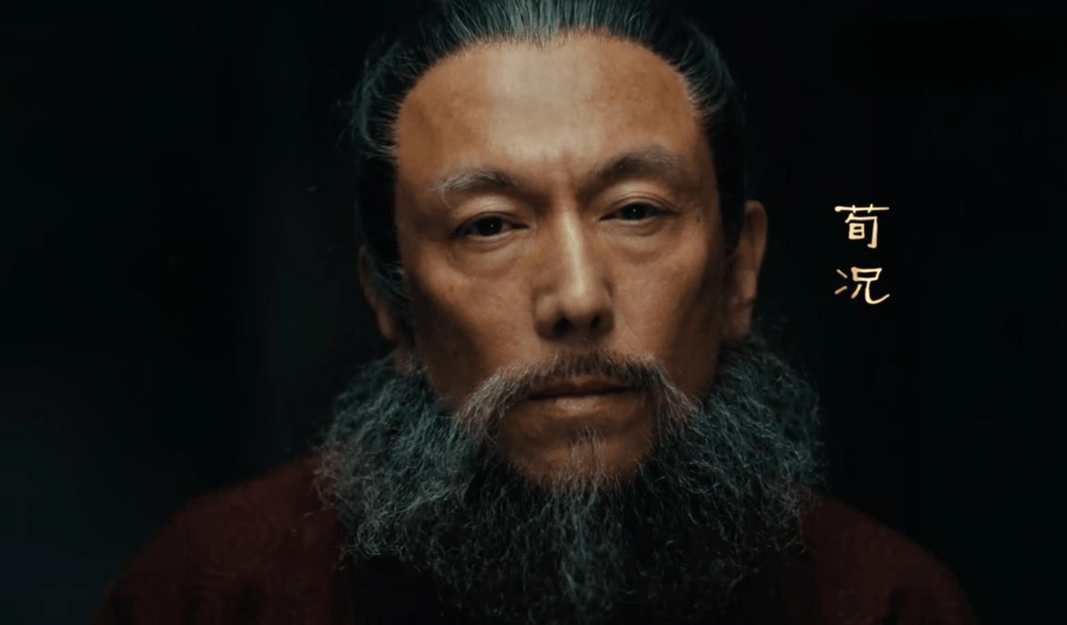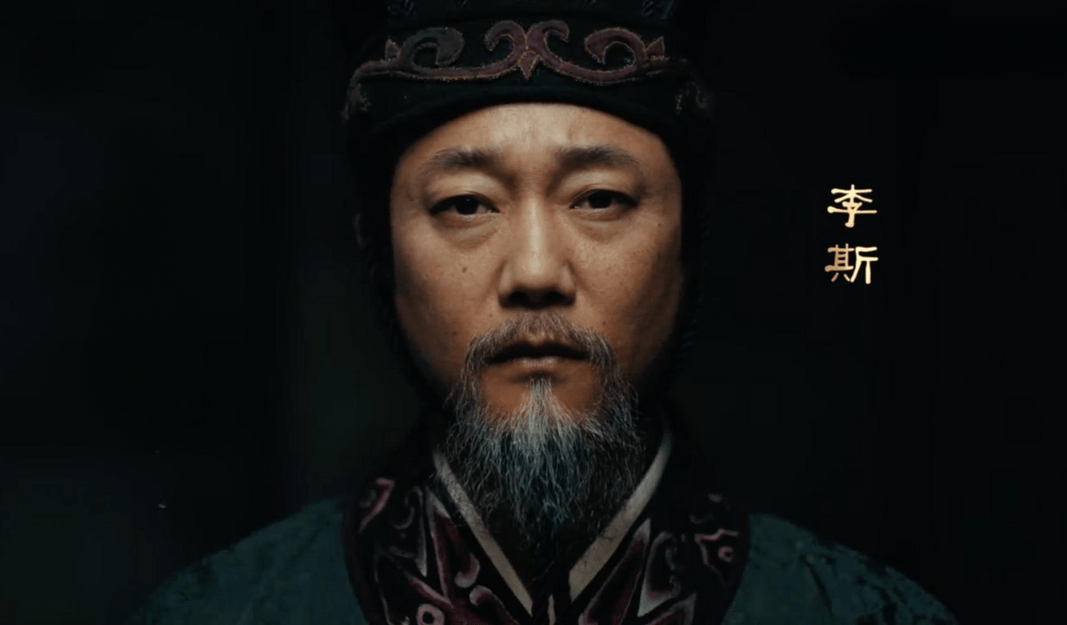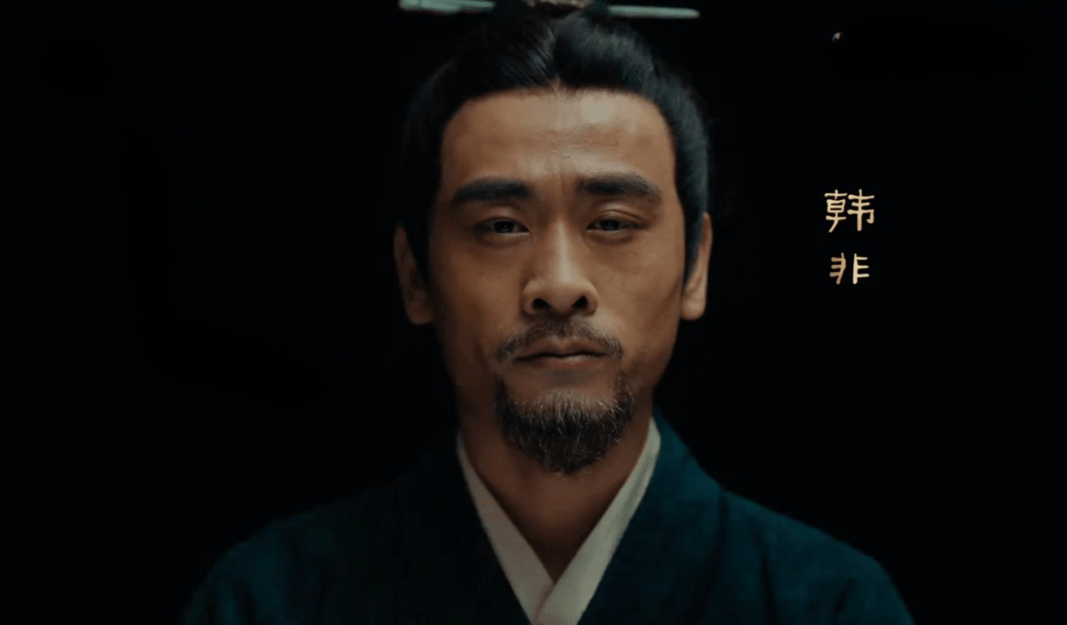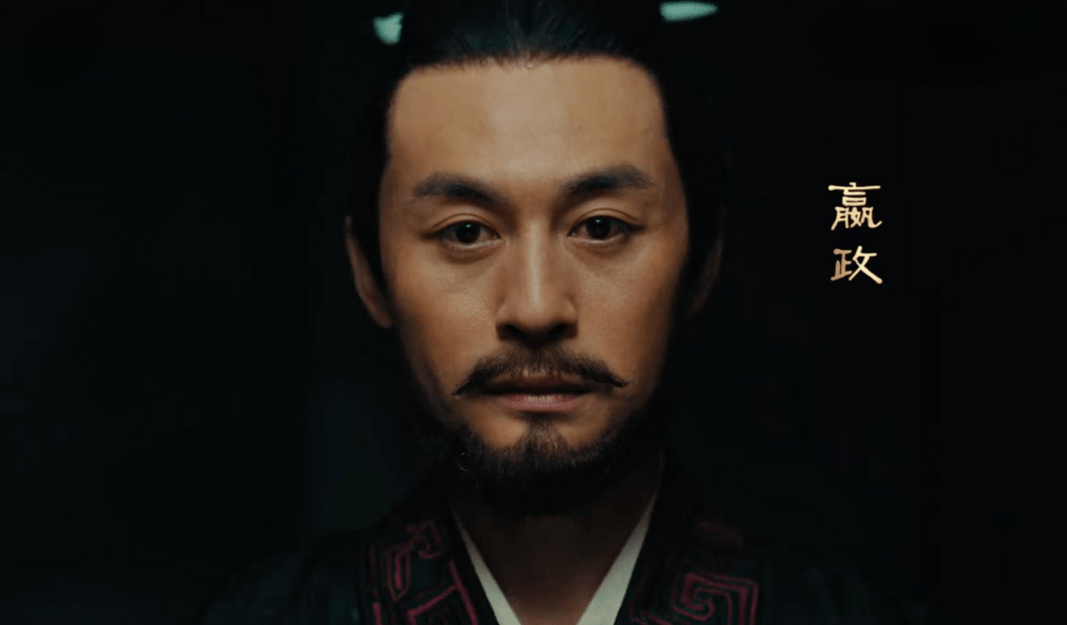Introduction
Imagine stepping into a state governed by strict rules and harsh punishments. For Xun Kuang, a prominent Confucian thinker, this wasn’t just a theoretical challenge—it was a reality. Known for its ruthless Legalist approach, the Qin state wasn’t the place where a Confucian scholar would typically venture. But Xun Kuang wasn’t afraid to confront the tough questions: Could Confucian ethics coexist with Legalist authority? Could compassion balance control?
His journey into the Qin wasn’t just about philosophy—it was a daring attempt to introduce moral values into a rigid system. Let’s explore Xun Kuang’s Confucian critique of the Qin and discover what lessons it offers for today’s world.
The Qin’s Legalist Foundations: Setting the Stage
The Qin state was a place of clear rules and even clearer consequences. During the Warring States period, as kingdoms battled for dominance, the Qin turned to Legalism—a philosophy that emphasized strict laws, centralized power, and immediate rewards or punishments. The Legalists believed that people were naturally selfish and that only tough laws could maintain order.
One of the Qin’s earliest strategies was the Wooden Stick Experiment. It was a simple test: citizens were instructed to move a wooden stick to a specific location, and those who complied were rewarded. This seemingly minor task had a deeper purpose—it was a demonstration of the Qin’s commitment to controlling behavior through clear incentives. But was this approach sustainable in the long run?
Xun Kuang’s Confucian Critique: Observing Qin’s Society

Xun Kuang’s decision to visit the Qin state was bold. As a Confucian, he believed in the cultivation of inner virtues—values like kindness, respect, and self-discipline. In contrast, Qin’s legalistic society seemed focused solely on obedience and compliance.
Upon arrival, Xun Kuang was struck by the effectiveness of Qin’s laws in maintaining order. But he quickly noted a major flaw: while the people followed the rules, they did so out of fear, not out of a sense of moral duty. In Xun Kuang’s eyes, a society driven by fear alone couldn’t achieve true harmony or loyalty. He proposed a different model—one that combined Legalist enforcement with Confucian ethics. In his vision, laws would not only maintain order but also encourage personal growth and social trust.
Xun Kuang’s Insight: “Laws can create obedience, but only ethics can create loyalty.”
The Clash Between Confucianism and Legalism
Xun Kuang’s critique of Legalism wasn’t just about governance—it was about a fundamental difference in understanding human nature. Confucianism viewed people as inherently good, capable of moral development with proper education and guidance. Legalism, on the other hand, saw humans as naturally selfish, requiring strict laws to ensure order.
Xun Kuang believed that combining these philosophies could lead to a stronger society. He argued for a balanced system where laws established boundaries, but ethical values inspired trust and cooperation. It was an ambitious idea—one that sought to create not just an obedient society, but a virtuous one.
The Role of Xun Kuang’s Students: Li Si and Han Fei
Interestingly, two of Xun Kuang’s brightest students, Li Si and Han Fei, chose a different path. While Xun Kuang advocated for a blend of ethics and laws, Li Si and Han Fei fully embraced Legalism.

Li Si rose to become the Qin’s chief minister, implementing policies that strengthened the state’s centralized power. He believed that strict laws were the quickest route to unification, and he played a crucial role in Qin’s conquest of the other Warring States.

Han Fei, known as the “father of Legalism,” provided the ideological framework for Qin’s governance. He argued that rulers should maintain absolute power, using strict laws to control society. While Han Fei’s ideas contributed significantly to Qin’s success, Xun Kuang’s ethical concerns were largely sidelined. The Qin’s policies were effective in achieving rapid unification, but their harshness soon led to widespread discontent.
Li Si and Han Fei’s Legacy: “The unification of China was swift, but without the foundation of trust, it was also fragile.”
Qin’s Centralization and Conquests: Achievements and Consequences
The Qin’s Legalist policies enabled rapid reforms and military victories. They standardized weights, measures, currency, and even the written script—creating a sense of unity across the newly conquered territories. For the first time, China was a unified empire under a single ruler, Qin Shi Huang. It was a monumental achievement, made possible by Legalism’s clear rules and decisive enforcement.

However, the very laws that built the empire also sowed the seeds of its downfall. The Qin’s rule was marked by heavy taxation, forced labor, and brutal punishments for dissent. The people’s obedience was driven by fear, not loyalty. Xun Kuang’s critique became a reality: when trust is sacrificed for control, stability becomes short-lived.
Modern Reflection: In leadership today, trust and compliance must go hand in hand. Authority without empathy can achieve results, but it cannot build lasting relationships.
Lessons from Xun Kuang’s Journey
Xun Kuang’s story isn’t just an ancient tale—it’s a reminder that good governance requires balance. While laws are necessary to maintain order, ethics are essential for building trust and loyalty. The Qin’s rise and fall illustrate the limitations of a purely legalistic approach.
Today, as we face complex social and political challenges, Xun Kuang’s vision for a balanced system is worth considering. Can we create structures that uphold rules while promoting human dignity? Can we enforce laws without losing sight of compassion?
Xun Kuang’s journey into the heart of Legalism suggests that the answer lies not in choosing one philosophy over the other, but in integrating both.
Conclusion
Xun Kuang’s exploration of the Qin wasn’t just a personal journey—it was a philosophical experiment in balancing power with ethics. His critique of Legalism offers timeless insights for leaders, educators, and anyone seeking to build trust in a world that often prioritizes control over compassion.
Call to Action: How can you incorporate Xun Kuang’s lessons into your approach to leadership, education, or everyday life? Whether it’s a family, a team, or a community, remember that lasting trust is built on a foundation of both rules and respect.
Steven
Roots of China was born from my passion for sharing the beauty and stories of Chinese culture with the world. When I settled in Kaiping, Guangdong—a place alive with ancestral legacies and the iconic Diaolou towers—I found myself immersed in stories of migration, resilience, and heritage. Roots of China grew from my own quest to reconnect with heritage into a mission to celebrate Chinese culture. From artisans’ stories and migration histories to timeless crafts, each piece we share brings our heritage to life. Join me at Roots of China, where every story told, every craft preserved, and every legacy uncovered draws us closer to our roots. Let’s celebrate the heritage that connects us all.



